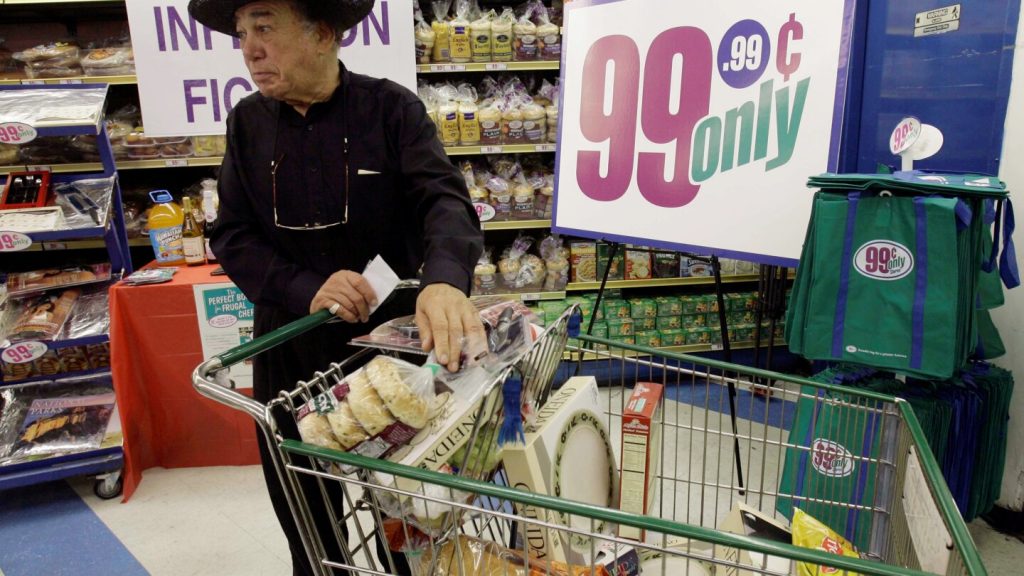As a result of the ongoing impact of the COVID-19 pandemic, changes in consumer demand, inflation, and various other challenges, California-based discount retailer 99 Cents Only Stores has announced that it will be closing all 371 of its outlets. The company, which has locations across California, Arizona, Nevada, and Texas, will be selling off its merchandise, fixtures, furnishings, and equipment. Interim CEO Mike Simoncic emphasized the difficulty of this decision, noting that the past few years have been particularly challenging for the retail environment.
Established in 1982 by founder Dave Gold, 99 Cents Only Stores gained popularity for its unique concept of selling a variety of items for just 99 cents. Gold, who had previously worked in a liquor store owned by his father, discovered the success of marking down surplus items to 99 cents and decided to open his own store based on this idea. Despite skepticism from friends and family, the business quickly took off, even in upscale neighborhoods, leading to its eventual listing on the New York Stock Exchange in 1996 and a sale for $1.6 billion in 2011.
Despite his success, Gold maintained a modest lifestyle, living in the same middle-class home for nearly five decades and driving the same car he purchased in 2000. While the chain initially focused on selling items priced at 99 cents, the financial challenges and changing market conditions made this model unsustainable over time. Nevertheless, 99 Cents Only Stores retained its iconic name, appealing to customers with its promise of low-cost goods.
The closure of 99 Cents Only Stores is part of a larger trend in the retail industry, with fellow discount retailer Dollar Tree also recently announcing plans to shutter 1,000 stores. The challenges faced by these companies are indicative of the broader economic repercussions of the pandemic and shifting consumer behaviors. As retailers navigate these obstacles, many are being forced to reevaluate their business models and strategies in order to remain competitive and sustainable in the current market environment.
The impact of the closure of 99 Cents Only Stores will be felt not only by the company’s employees and customers but also by the communities in which its outlets are located. The loss of these stores represents more than just a business closing; it signifies the end of an era for a beloved discount retailer that has served customers for over four decades. As the retail landscape continues to evolve, it will be essential for businesses to adapt to changing conditions and find new ways to connect with consumers in order to thrive in an increasingly competitive market.


